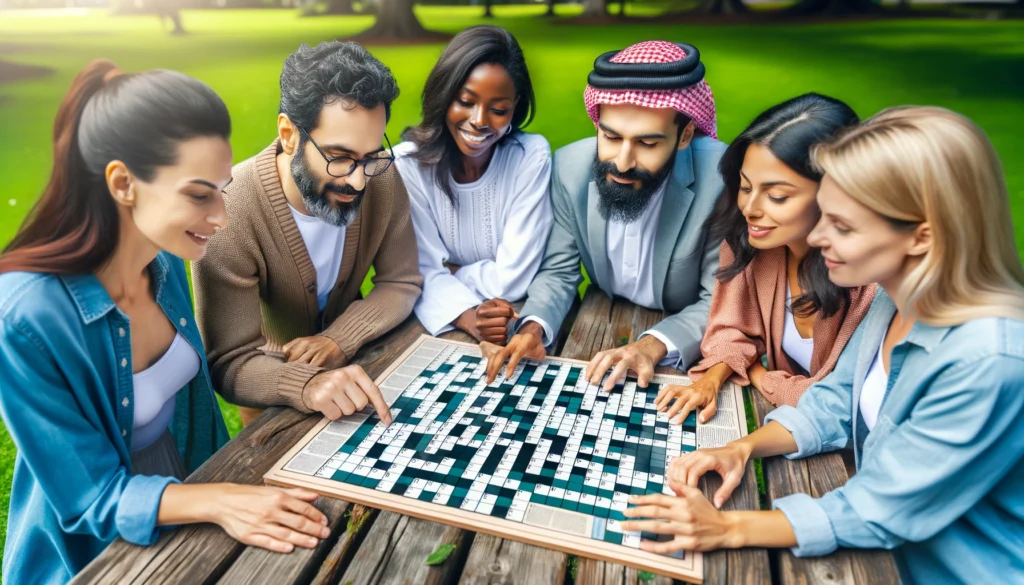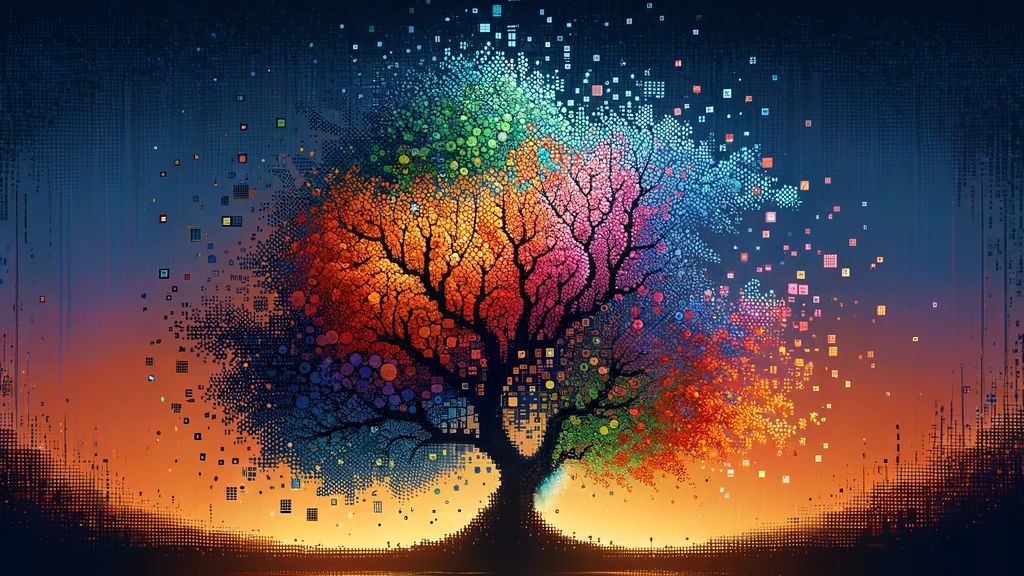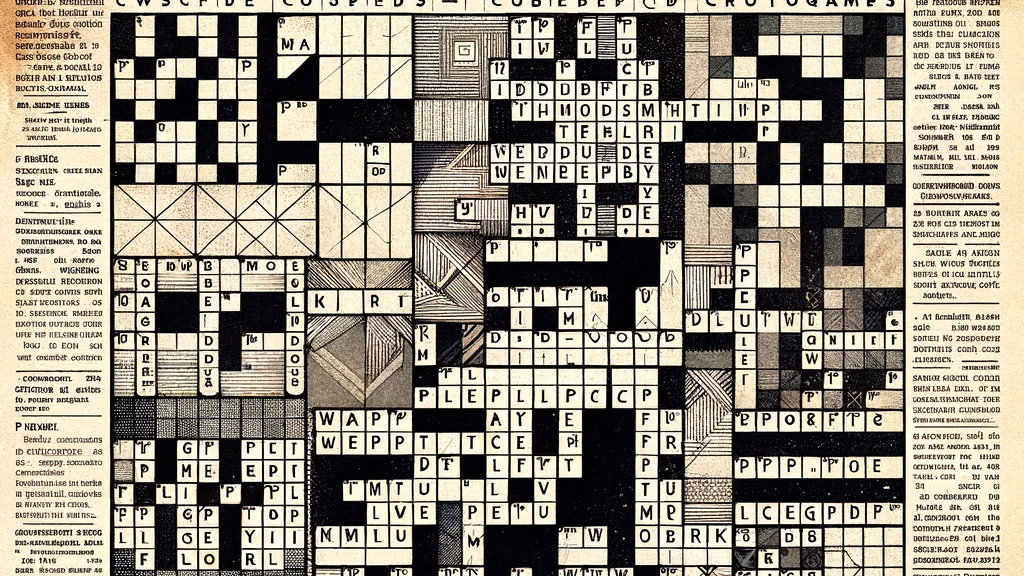Crossword puzzles are more than just a pastime; they’re a journey into mental fitness and fun. These puzzles have captivated minds for generations. They offer a unique blend of linguistic challenge and general knowledge testing. From their humble beginnings in the early 20th century to their place in today’s digital world, crosswords have stood the test of time. They engage solvers in a mental workout unlike any other. This article delves into the world of crosswords, exploring their history, the mental exercise they provide, and their cultural impact. Whether you’re a seasoned solver or a curious newcomer, join us on this fascinating journey into the realm of crosswords.
The Mental Gym: How Crosswords Stimulate the Brain

Crossword puzzles do more than fill time; they’re a gym for your brain. Here’s how:
-
- Cognitive Enhancement: Regularly solving crosswords can improve memory, vocabulary, and overall mental acuity.
-
- Problem-Solving Skills: Each puzzle presents a unique problem, encouraging critical thinking and solution-finding.
-
- Improved Concentration: Focusing on crossword clues can enhance your ability to concentrate on tasks.
-
- Language Learning: They are a fun way to learn new words and phrases, expanding your linguistic capabilities.
-
- Stress Relief: Immersing in a puzzle can be a relaxing escape, reducing stress and improving mood.
Studies back up these benefits. For instance, a 2019 study found that adults who regularly engage in puzzles like crosswords have brain function equivalent to ten years younger than their age in tests of grammatical reasoning speed and short-term memory accuracy. So, picking up a crossword not only challenges you but also contributes significantly to your cognitive health.
Decoding Clues: A Mental Exercise in Linguistics and Logic

Crossword puzzles are a playground for your mind. Here’s why:
-
- Linguistic Workout: Clues often play with language, making you think about words in new ways.
-
- Logical Reasoning: Solvers must use logic to piece together the puzzle’s solution.
-
- Creative Thinking: Unusual or humorous clues require thinking outside the box.
-
- Attention to Detail: Clues may contain subtle hints that demand careful reading.
-
- Cultural Knowledge: Some clues reference history, art, or current events, broadening your knowledge base.
For example, the clue “Endless love in Paris (5)” might stump many. The answer is “Seine” – the river in Paris, symbolizing ‘endless’ love. This clue cleverly combines geography, language play, and lateral thinking.
Solving such clues isn’t just about knowing facts. It’s about connecting those facts in creative, unexpected ways. It’s a delightful mental workout that keeps your brain sharp and engaged.
Crossword Puzzles in Popular Culture

Crossword puzzles aren’t just a hobby; they’re a cultural phenomenon. Here’s how they’ve made their mark:
-
- Movies and TV Shows: Featured in numerous films and series, they often symbolize intelligence or mystery.
-
- Literary Works: Many authors use crosswords as metaphors or plot devices in their stories.
-
- Celebrity Enthusiasts: Famous figures, from presidents to pop stars, have been known crossword aficionados.
-
- Digital Age: With the advent of apps and online platforms, crosswords have found a new, younger audience.
-
- Crossword Competitions: Annual competitions showcase the skill and speed of top solvers, adding a competitive edge to this intellectual pursuit.
Crossword puzzles have woven themselves into the fabric of society. They reflect and shape our language and culture. They are a testament to the enduring appeal of intellectual challenge and the joy of wordplay.
Tips and Tricks for Aspiring Puzzle Solvers

New to crosswords? Here are some tips to get you started:
-
- Start with Easier Puzzles: Build your confidence with simpler puzzles before tackling the tough ones.
-
- Learn Common Clues: Some clues appear regularly. Recognizing these can speed up your solving.
-
- Use a Pencil: It’s okay to make mistakes. Erase and rethink if you need to.
-
- Take Breaks: Sometimes stepping away can bring new insights when you return.
-
- Join a Solving Community: Online forums and local clubs can offer hints and camaraderie.
Remember, solving crosswords is a skill that improves with practice. The more you solve, the better you get. It’s not just about the answers; it’s about the journey of discovery and the joy of learning.
Conclusion: The Thrill of the Solve
Crossword puzzles are a delightful blend of mental challenge and entertainment. They’re not just a test of knowledge; they’re an invitation to play with words, think creatively, and learn continuously. Every puzzle offers a new adventure in problem-solving, engaging our brains in ways few other activities can.
Whether you’re deciphering a tricky clue, learning a new word, or simply enjoying a quiet moment with a puzzle, crosswords provide a unique and satisfying experience. They connect us with a community of like-minded enthusiasts and keep our minds active and sharp.
As the world of crosswords continues to evolve, it promises more innovation, challenge, and fun. So, grab your pencil, open a crossword, and embark on this rewarding journey of mental exercise and discovery




